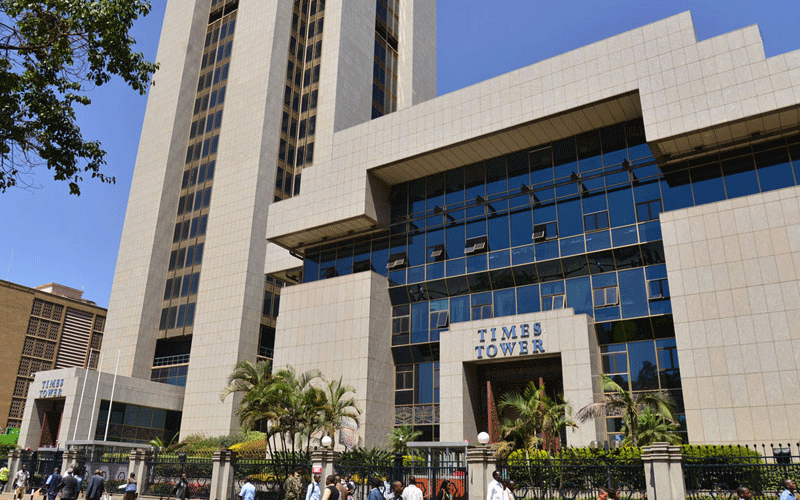Don’t break taxpayers, shore up the economy

Despite a tumultuous 2020, Kenyans should brace themselves for a heavier tax burden next year, as the taxman retires Covid-19 tax waivers.
This means less money in the pocket as the Kenya Revenue Authority unveils a raft of new taxes to shoulder the surging public debt.
This paints a gloomy picture since Kenyans will be struggling to meet basic needs such as school fees and rent.
On the other hand, the knock-on effect of the taxes in a struggling economy will have a negative impact on investors who say inconsistent tax laws based on short-term plans are anti-business.
However, it is important to note that Kenya has had serious tax review challenges, which have enhanced uncertainty and the country risks losing out on foreign direct investments.
This is because Kenya’s tax policies are founded on short-term plans and end up providing a fertile breeding ground for trade in contraband, among other economic ills.
While the reduction of tax rates by the government in April was welcomed by investors, some recent changes aimed at increasing revenue are not consistent with the government’s Big Four Agenda.
Recent changes in the Finance Act, 2020, for example, scrapped a myriad of tax exemptions, introduced new taxes and reduced tax allowances, sending mixed signals to investors.
This only hurts the economy and the government must, therefore, consider coming up with broad long-term tax policy considerations that will guide the development of taxation to boost investor confidence.
Indeed, never has there been a need for an overarching national tax policy.
Whereas there might have been an intention to expand the tax base, one would have expected a gradual shift that is tied to overall long-term policies.
Also, an unpredictable tax regime will eventually lead to a drop in revenues.
Attracting Foreign Direct Investment (FDI) is a top priority to help create direct jobs and attract foreign exchange.
Already, data from the United Nations Conference on Trade and Development (UNCTAD) shows that Kenya’s FDI dropped by Sh31.3 billion in 2019 to Sh100.3 billion.
With several countries to choose from, foreign investors tend to opt for predictable business landscapes, whereas Kenya’s arch is bending towards unpredictability. This must be stopped.















